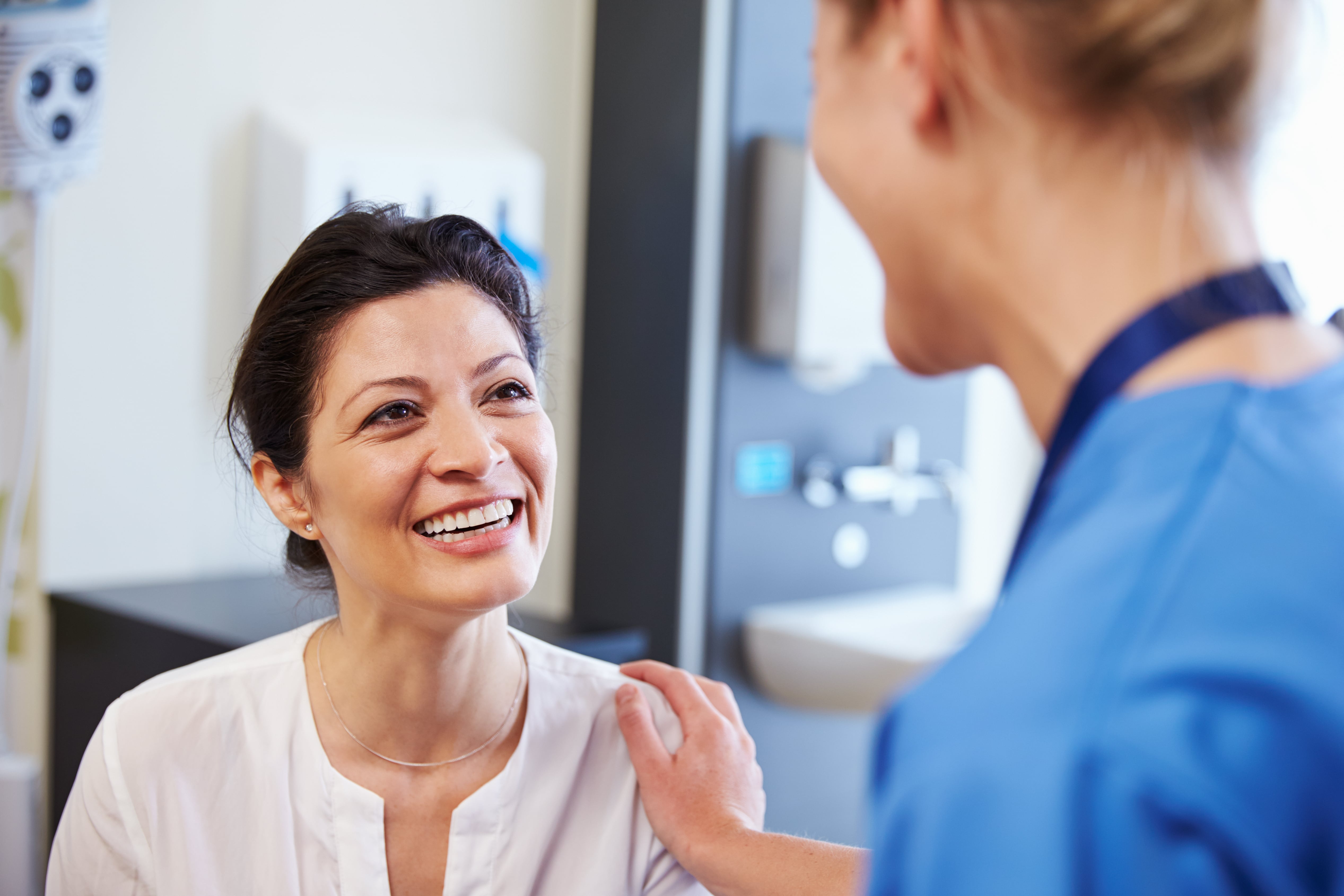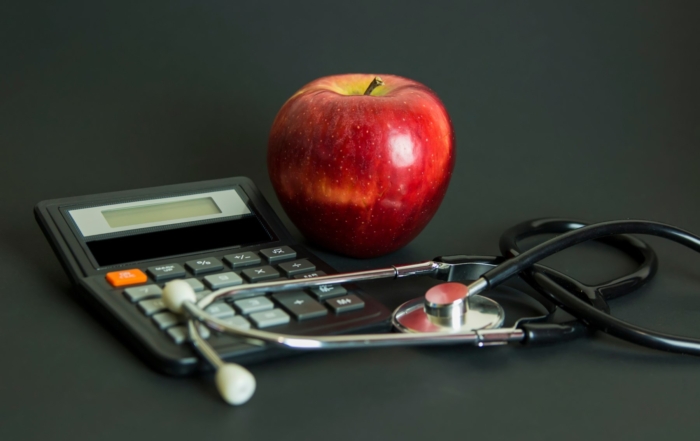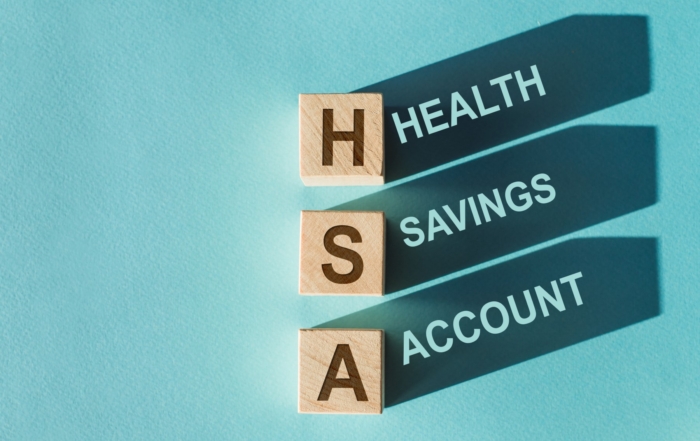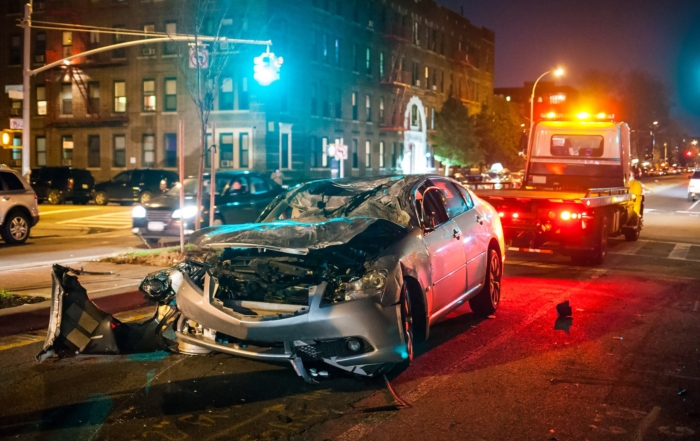Strokes cause damage to the brain by limiting or stopping blood flow, preventing oxygen and nutrients from getting to brain cells. Any stroke is serious, and can cause brain damage or death. But getting help quickly can give you a better shot at making a full recovery.
Prevention
Your risk of having a stroke goes up as you age. The good news is, there are things you can do to lower your risk:
- Don’t smoke.
- Keep your blood pressure and cholesterol levels healthy.
- Lose weight, if needed.
- Eat a well-balanced, nutritious diet.
- Exercise regularly.
- Limit alcohol to one (for women) or two (for men) drinks a day.
- Take preventive medication like aspirin, if your doctor suggests it.
Know the signs of stroke
Getting help quickly after a stroke can be the key to preventing death or serious disability. The best treatments only work if they are given within three hours of the f rst symptom. That’s why it’s i so important to know the signs that someone is having a stroke.
- Sudden weakness or numbness in the face, arm or leg, especially on only one side of the body.
- Sudden confusion or trouble talking.
- Sudden trouble walking, dizziness or loss of balance.
- Sudden severe headache.
- Sudden trouble seeing out of one or both eyes.
If you’re not sure whether someone is having a stroke, think F.A.S.T.
- F – Face: Ask the person to smile. Does one side of their face droop?
- A – Arms: Ask them to raise both arms. Does one arm drift downward?
- S – Speech: Ask them to repeat a simple phrase. Does their speech sound slurred?
- T – Time: If you see any of the signs, even if they start to go away, call 9-1-1 for an ambulance. Paramedics can start lifesaving treatment on the way to the emergency room.
Know your risk factors
A risk factor is anything that raises your chance of having a stroke. Making healthy choices like managing your weight, eating right, staying active, and not smoking can help lower your risk. Other risk factors are out of your control:
- Age – You can have a stroke at any age, but your risk goes up as you get older.
- Gender – Men are more likely to have a stroke than women.
- Health history – If you or your family members have sickle cell disease, diabetes, high blood pressure, high cholesterol or heart problems, that raises your risk. Being overweight or having had a previous stroke or Transient Ischemic Attack (TIA) can also make you more likely to have a stroke in the future. Work closely with your doctor to manage your health conditions.
Treatment
People who arrive at the hospital within three hours of their first symptom are more likely to make a full recovery. That’s why it’s so important to get emergency care at the first sign of a stroke. A stroke can be treated with drugs or surgery. As a person recovers, they may need:
- Physical therapy, to help with movement and balance.
- Occupational therapy, to relearn things like eating, drinking, reading or getting dressed.
- Speech therapy.
- Mental health therapy, to help with depression and trouble with attention, expressing emotions and other conditions that are common after a stroke.
Recent Posts
IRS Guidance on Nutrition, Wellness, and General Health Expenses
The Internal Revenue Service (IRS) has recently highlighted that costs associated with nutrition, wellness, and general health do not typically qualify as reimbursable medical expenses [...]
HSAs Today and Every Day: A Triple Threat Against Rising Healthcare Costs
The healthcare landscape is constantly evolving, and in 2024, rising costs remain a top concern for both employers and employees. Fortunately, Health Savings Accounts (HSAs) [...]
April Showers Don’t Cause Accidents (Distracted Driving Does): Stay Safe on the Road This Month (and Every Month)
Spring is here, and with it comes April's designation as Distracted Driving Awareness Month. While the changing seasons and blooming flowers might tempt you to [...]




